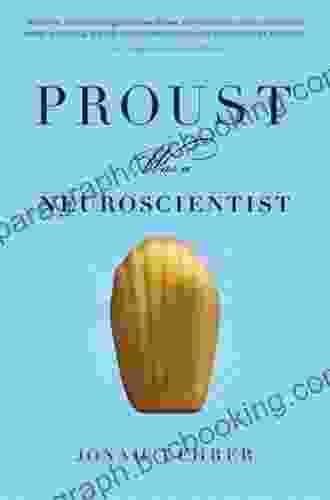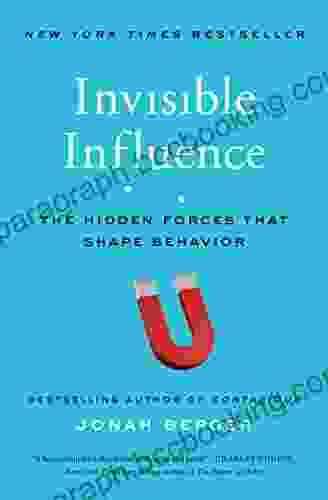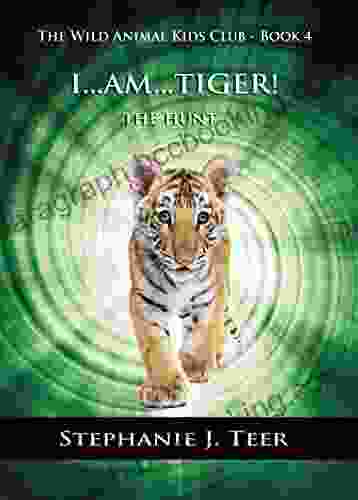Proust Was a Neuroscientist: How the Masterpiece "In Search of Lost Time" Anticipated the Discoveries of Modern Neuroscience

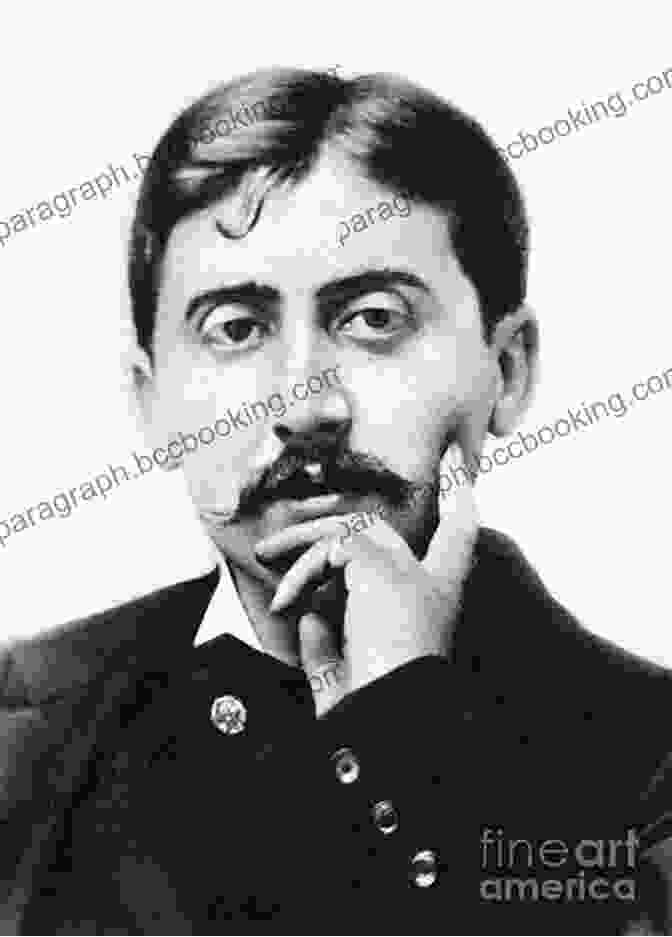
4.5 out of 5
| Language | : | English |
| File size | : | 2564 KB |
| Text-to-Speech | : | Enabled |
| Screen Reader | : | Supported |
| Enhanced typesetting | : | Enabled |
| Word Wise | : | Enabled |
| Print length | : | 256 pages |
| Lending | : | Enabled |
By Jonah Lehrer
In the realm of literature, few works have achieved the towering stature and enduring influence of Marcel Proust's masterpiece, "In Search of Lost Time." This sprawling, seven-volume epic, which Proust spent over a decade crafting, is a profound exploration of the human condition, delving into the intricate workings of memory, perception, and the nature of time.
Astonishingly, as Jonah Lehrer reveals in his illuminating and thought-provoking book, "Proust Was a Neuroscientist," the insights and observations that Proust so brilliantly captured in his writing eerily anticipate the groundbreaking discoveries of modern neuroscience. Through a meticulous analysis of Proust's text, Lehrer uncovers a remarkable convergence between the literary genius of the past and the scientific advancements of the present.
Memory: The Fabric of Our Consciousness
At the heart of Proust's work lies a profound understanding of the nature of memory. In "In Search of Lost Time," Proust explores the ways in which our memories shape our perceptions, our emotions, and our very identities. He recognizes that memory is not a static record of the past but rather a fluid and ever-changing construct, influenced by our present experiences and desires.
Neuroscience has since corroborated Proust's insights. Research has shown that memories are not stored in a single location in the brain but rather are distributed across multiple regions, each responsible for different aspects of the memory. Moreover, memories are not simply recalled but are actively reconstructed each time we access them, influenced by our current context and expectations.
Perception: The Subjective Lens Through Which We View the World
Another key theme in Proust's work is perception. He masterfully illustrates how our perceptions are not objective reflections of reality but rather are shaped by our individual experiences, biases, and desires. Proust's characters constantly struggle to understand each other, often misinterpreting intentions and actions due to their own subjective perspectives.
Modern neuroscience has provided a scientific basis for Proust's observations. Studies have shown that our brains do not passively receive information from the world but rather actively construct our perceptions based on our expectations, beliefs, and past experiences. This process of perception is highly subjective, leading to the vast array of individual interpretations of the world around us.
Time: The Elusive Enigma
Perhaps most profound is Proust's exploration of the nature of time. In "In Search of Lost Time," he delves into the subjective nature of time, demonstrating how our perception of time can be influenced by our emotions, memories, and experiences. Time, Proust suggests, is not a linear progression but rather a fluid and malleable construct.
Neuroscience has further supported Proust's insights into time. Research has shown that our brains do not perceive time in a uniform manner but rather experience it in a subjective and fragmented way. Our memories are not organized chronologically but rather are accessed in a non-linear fashion, based on associations and connections.
The Convergence of Literature and Science
The parallels between Proust's literary insights and the discoveries of modern neuroscience are not merely coincidental. As Lehrer argues, Proust possessed an intuitive understanding of the human mind that allowed him to anticipate the scientific advancements of his time. Proust's writing, therefore, serves as a testament to the profound connection between literature and science, both of which strive to illuminate the mysteries of the human experience.
"Proust Was a Neuroscientist" is a captivating and thought-provoking work that sheds new light on one of the greatest literary masterpieces of all time. Through his meticulous analysis of Proust's text, Jonah Lehrer reveals the startling convergence between the insights of a literary genius and the discoveries of modern science. This book is essential reading for anyone interested in the interconnections between literature, science, and the human mind.
Praise for "Proust Was a Neuroscientist"
"A brilliant and illuminating work that reveals the profound connection between literature and science. Jonah Lehrer's analysis of Proust's masterpiece is a tour de force, offering a fresh and insightful perspective on the human mind and its workings." - Eric Kandel, Nobel Laureate in Physiology or Medicine
"A fascinating and groundbreaking book that challenges our understanding of the relationship between art and science. Lehrer's work is a must-read for anyone interested in the power of literature to illuminate the mysteries of the human experience." - Oliver Sacks, neurologist and author of "The Man Who Mistook His Wife for a Hat"
"A thought-provoking and elegantly written work that explores the convergence of literature and science. Lehrer's insights are both profound and accessible, making this book a valuable contribution to our understanding of the human mind." - Steven Pinker, cognitive scientist and author of "The Language Instinct"
Free Download Your Copy Today!
To Free Download your copy of "Proust Was a Neuroscientist" and delve into the fascinating convergence of literature and science, click the button below:
Free Download Now
4.5 out of 5
| Language | : | English |
| File size | : | 2564 KB |
| Text-to-Speech | : | Enabled |
| Screen Reader | : | Supported |
| Enhanced typesetting | : | Enabled |
| Word Wise | : | Enabled |
| Print length | : | 256 pages |
| Lending | : | Enabled |
Do you want to contribute by writing guest posts on this blog?
Please contact us and send us a resume of previous articles that you have written.
 Book
Book Novel
Novel Page
Page Chapter
Chapter Text
Text Story
Story Genre
Genre Reader
Reader Library
Library Paperback
Paperback E-book
E-book Magazine
Magazine Newspaper
Newspaper Paragraph
Paragraph Sentence
Sentence Bookmark
Bookmark Shelf
Shelf Glossary
Glossary Bibliography
Bibliography Foreword
Foreword Preface
Preface Synopsis
Synopsis Annotation
Annotation Footnote
Footnote Manuscript
Manuscript Scroll
Scroll Codex
Codex Tome
Tome Bestseller
Bestseller Classics
Classics Library card
Library card Narrative
Narrative Biography
Biography Autobiography
Autobiography Memoir
Memoir Reference
Reference Encyclopedia
Encyclopedia Josh Holliday
Josh Holliday Lance Kramer
Lance Kramer Josh Alwine
Josh Alwine Joshua Brown
Joshua Brown Tristan Sandler
Tristan Sandler Stephen Haddelsey
Stephen Haddelsey Jon Cryer
Jon Cryer Jorge Aguirre
Jorge Aguirre Joseph Cotto
Joseph Cotto John Turner
John Turner Tony Morgan
Tony Morgan Jpinsiders
Jpinsiders Margery Kempe
Margery Kempe Jonh Craft
Jonh Craft Joseph Fleming
Joseph Fleming Johnny Quinn
Johnny Quinn Josh Peter
Josh Peter Monica Hesse
Monica Hesse Phil Pierce
Phil Pierce Julie Sondra Decker
Julie Sondra Decker
Light bulbAdvertise smarter! Our strategic ad space ensures maximum exposure. Reserve your spot today!

 Julio Ramón RibeyroUnaffordable American Healthcare: A Troubled History from Johnson to Trump
Julio Ramón RibeyroUnaffordable American Healthcare: A Troubled History from Johnson to Trump Gabriel HayesFollow ·19.4k
Gabriel HayesFollow ·19.4k Dawson ReedFollow ·13.7k
Dawson ReedFollow ·13.7k Bob CooperFollow ·7k
Bob CooperFollow ·7k Adrien BlairFollow ·18k
Adrien BlairFollow ·18k Jay SimmonsFollow ·18.9k
Jay SimmonsFollow ·18.9k José MartíFollow ·18.7k
José MartíFollow ·18.7k Andy HayesFollow ·16.8k
Andy HayesFollow ·16.8k Wayne CarterFollow ·6.8k
Wayne CarterFollow ·6.8k
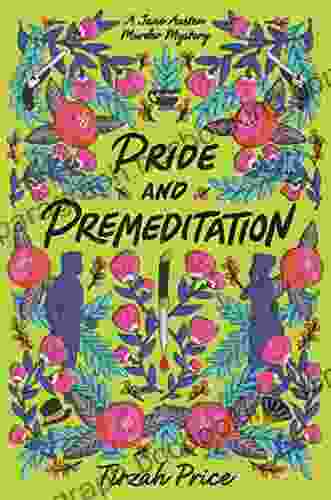
 Joseph Foster
Joseph FosterUnravel the Enigmatic Murders in "Pride and...
Dive into a World...

 Jeffery Bell
Jeffery BellTrauma-Focused CBT for Children and Adolescents: The...
Trauma is a...
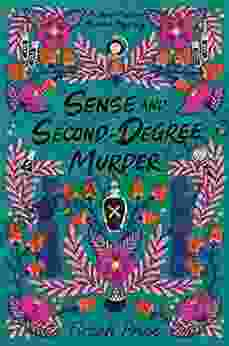
 Jorge Luis Borges
Jorge Luis BorgesSense and Second Degree Murder: A Jane Austen Murder...
Prepare yourself for a...

 Chase Simmons
Chase SimmonsUnleash the Vibrant World of Watercolor: An Enchanting...
In the world of art, watercolor painting...
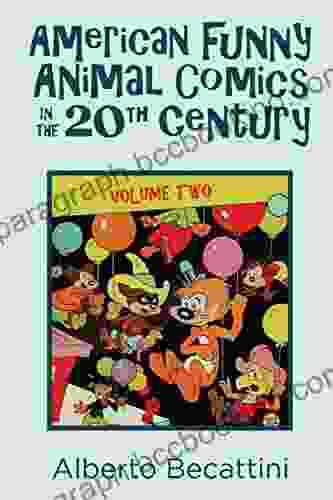
 Rubén Darío
Rubén DaríoAmerican Funny Animal Comics In The 20th Century: A...
Step into a bygone era of laughter and...
4.5 out of 5
| Language | : | English |
| File size | : | 2564 KB |
| Text-to-Speech | : | Enabled |
| Screen Reader | : | Supported |
| Enhanced typesetting | : | Enabled |
| Word Wise | : | Enabled |
| Print length | : | 256 pages |
| Lending | : | Enabled |


